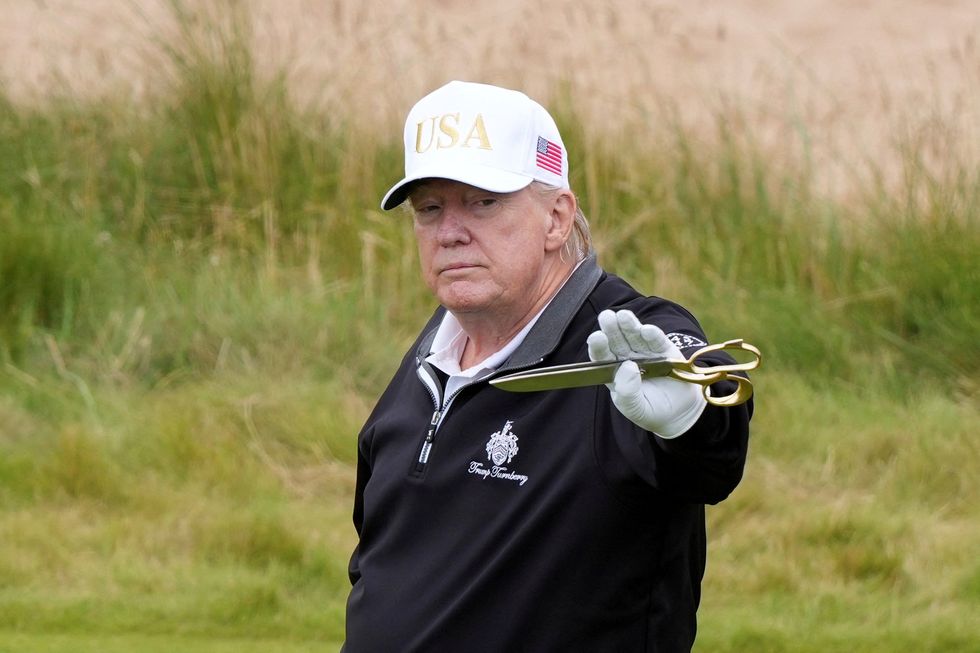Senator Sheldon Whitehouse has vocalized significant apprehension regarding President Donald Trump’s proposition to host the upcoming G20 summit at his private Miami golf club, citing deep-seated concerns over potential international corruption and a pervasive pattern of self-dealing that could undermine American democratic principles. This controversial proposal has ignited a fresh debate on executive ethics and the influence of personal business interests on state affairs.
The specific plan involves the Trump National Doral Miami club, a property owned by the president, serving as the venue for the high-profile global economic forum. This selection immediately drew scrutiny, with critics questioning the appropriateness of leveraging a presidential role to benefit private enterprises. The potential for foreign governments to indirectly enrich a sitting U.S. president through event expenditures raises substantial ethical flags.
Whitehouse, a Democratic senator, explicitly warned against Trump’s “inability to steer away from self-dealing.” He argued that the intertwining of presidential duties with personal business interests creates “all kinds of risks of corruption,” especially when engaging with international relations. The senator underscored the danger of foreign entities attempting to “curry favor—or even flat-out buy favor” with the U.S. through financial dealings with the president’s private ventures.
The discussion naturally extended to the Emoluments Clause of the U.S. Constitution, a provision designed to prevent government officials from accepting gifts or payments from foreign states without congressional approval. While acknowledging that legal interpretations have varied, Whitehouse and others suggest that the “spirit of the law is constantly being trounced” by actions perceived as self-serving. This historical safeguard against undue influence appears increasingly challenged in the modern political landscape.
The senator lamented what he described as a concerning shift towards self-dealing becoming the “norm” for certain political figures. He raised a poignant question about whether future presidents would respect the ethical boundaries once enshrined in law and tradition, or if personal financial gain during public service would become an accepted practice. This reflects a broader anxiety about the erosion of institutional integrity.
To illustrate the scale of the current concerns, Whitehouse drew a stark contrast to historical precedents. He referenced a centuries-old dispute over a small “jeweled box” given to one of America’s founders, which then sparked discussions about foreign emoluments. He asserted that such historical trifles pale in comparison to the “massive financial favors being poured into Trump business interests by foreign governments and foreign influencers” today.
The inherent risk in such arrangements is not merely financial but also geopolitical. When a president’s business interests are entangled with the venues for critical international summits, it raises questions about the impartiality of U.S. foreign policy decisions. The potential for perceived or actual conflicts of interest could complicate diplomatic efforts and erode global trust in American leadership.
Beyond the immediate controversy of the G20 location, this situation highlights a persistent challenge in governance: how to delineate the boundary between a public servant’s official duties and their private financial affairs. The debate over political corruption and executive ethics continues to be a central theme in contemporary American politics, shaping public perception and legislative efforts to ensure accountability.






Leave a Reply